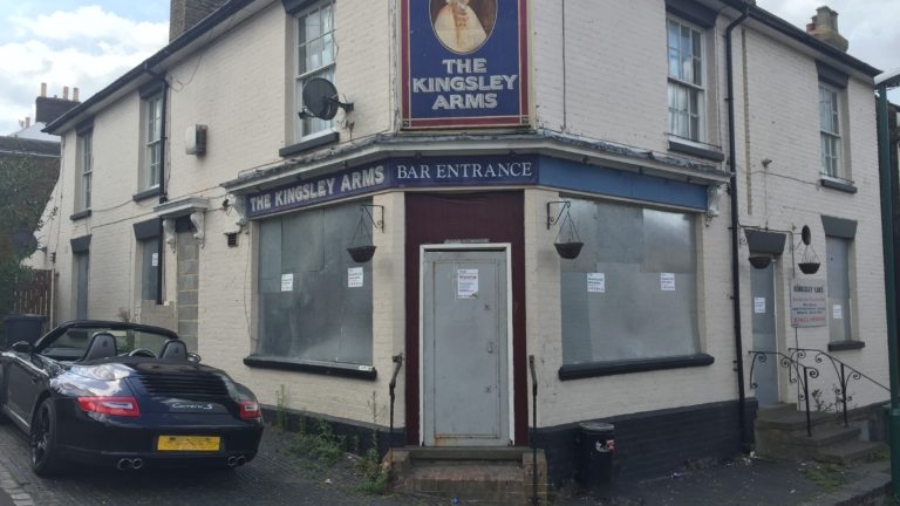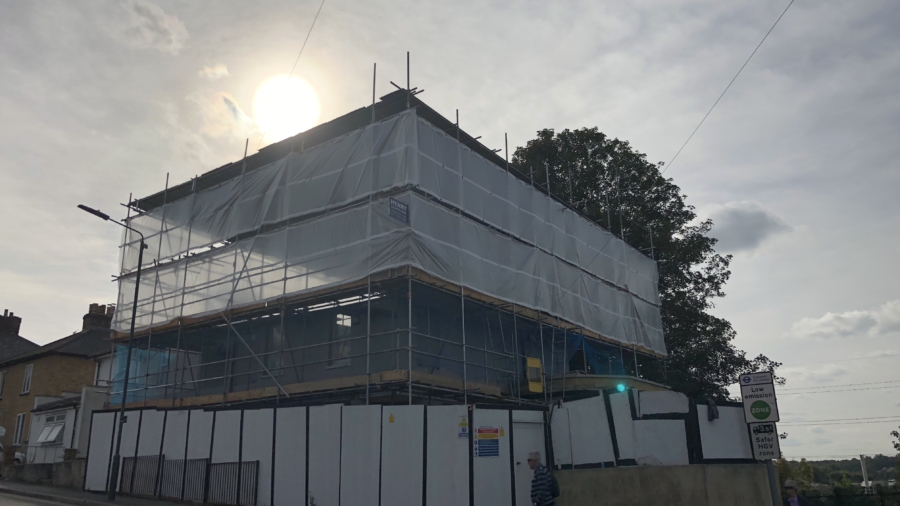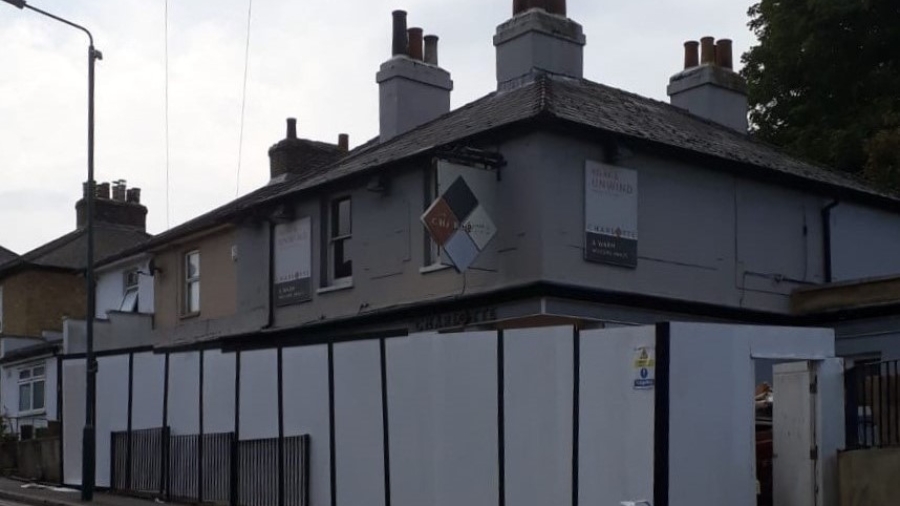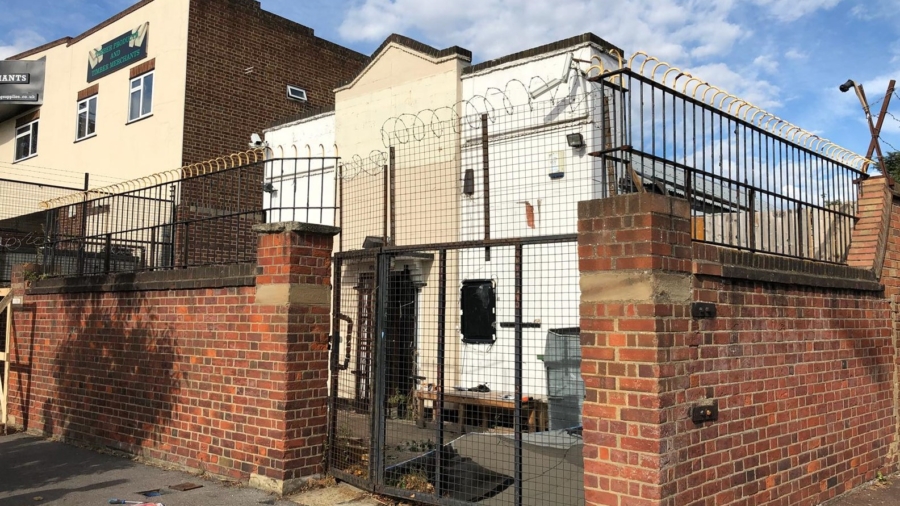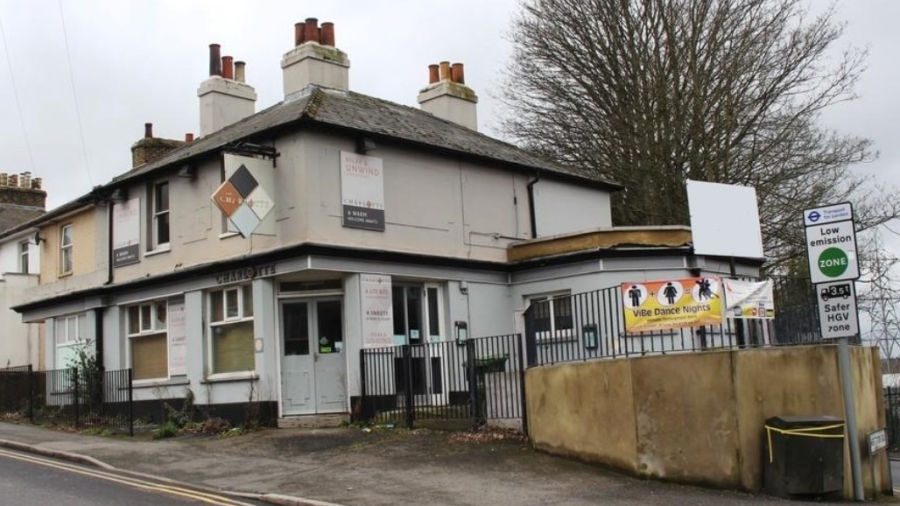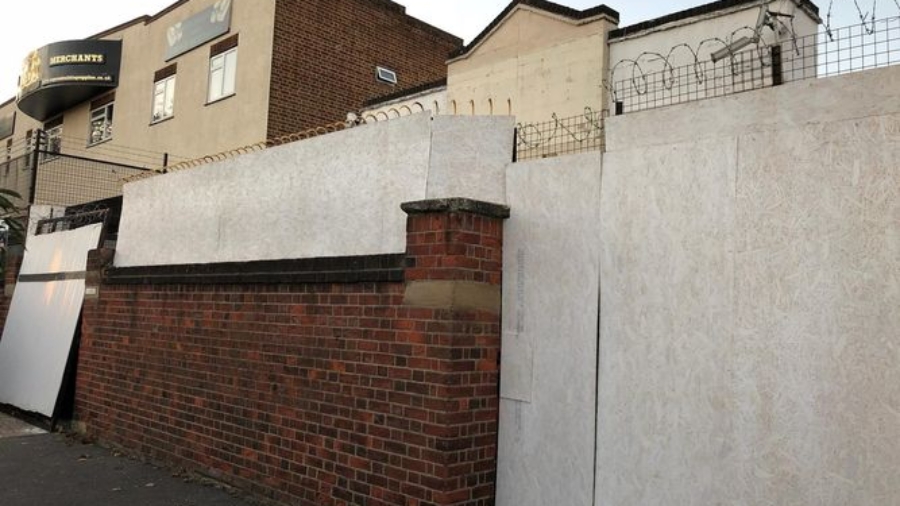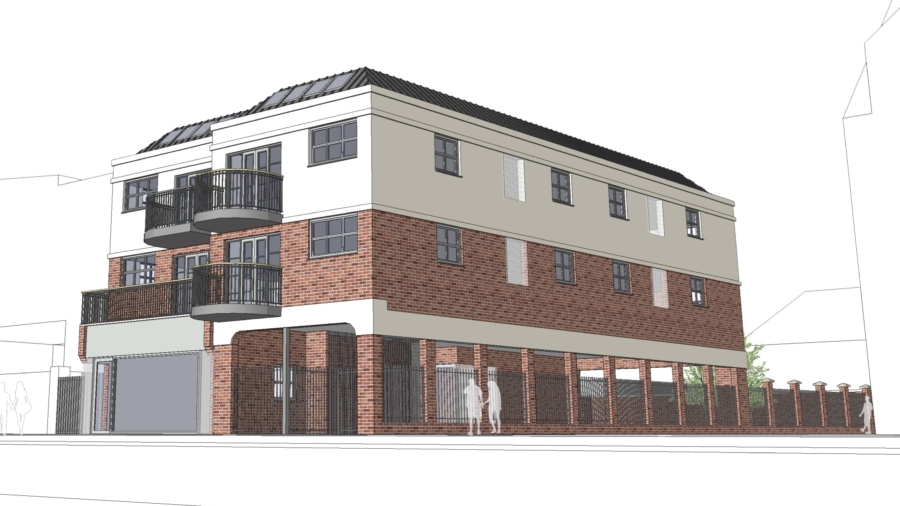Closing the Gap: Tackling Homelessness in the UK
When I was living in Sydney, Australia, I knew a homeless man. He would often visit the music store I worked in at the time, Allan’s Billy Hyde, and would play the piano so beautifully. But it was so heartbreaking to see someone with such great talent, struggling and living on the streets. Taking into account how wealthy of a country Australia is, it shocked me the amount of homeless people I would have to walk past every day.
Although what shocked me the most, was when I moved to London.
Considering how cold it can get in London, what saddened me the most was when I saw a mother with a child in a sleeping bag outside of Euston station a few weeks ago.
I assumed because the United Kingdom was one of the wealthiest countries in the world, and therefore had more funds and resources to do so, there would be a substantial initiative in tackling homelessness effectively.
But yet, I still believe that I have witnessed more homeless people sleeping on the streets of London, than I ever did in Sydney.
It is estimated by the Evening Standard UK that there is a total of 320,000 homeless people living in Britain at the moment.
Homelessness is not an issue to be taken lightly. It is not a choice. It is a vulnerable, unpredictable and unfortunate situation people land up in. Losing a job, alcohol or substance misuse, major life events such as the breakdown of a relationship and domestic violence, are just some of the problems people experience, which lead to their homeless state.
So what has the UK done to tackle it?
Council housing for instance, provides sustainable accommodation. In fact, according to Shelter UK, council housing accounts for 17% of all households within England. Shelter UK also argues that due to the inflation in house prices, this has affected whether people are able to financially live in a home, comfortably. The lack of available accommodation for those of a lower socio-economic background, place them at a constant risk of becoming homeless.
There are several starter homes, which have been built simply to cater for vulnerable families,single-parents, newly-wed couples etc. This is mainly targeted for those who are not currently in a financial state to purchase a home.
Statistics suggest that approximately 13 homeless people from Kent died within the last year. Further statistics demonstrate that across the UK, there was more than 440 homeless people that had also died within the last year.
We at PLMD, focus on not ending, but managing homelessness. At one of our most recent renovations in Maidstone, Kent, we demolished a pub and converted it into a residential development, providing eight residential flats and one 1-bedroom house. Providing a home for the vulnerable before they land in a state of homelessness, is the approach we should all undertake. By providing low-cost homes, it allows people who are currently experiencing financial difficulties to live in properties of a decent standard.
Is Brexit the next Financial Crisis for the UK?
As we pass the 10th anniversary of the Lehman Brothers demise, the UK may be caught in yet another, and potentially the worst financial crisis.
Regardless of whether you are for or against Brexit, the decision to exit from the EU will undoubtedly affect the economy.
The only difference is that this time, we anticipated it.
Although there are stricter regulations like the Fiscal Responsibility Act of 2010, which secures public finances, and banks have become a lot more meticulous with their processes of securitization and debt mortgages, it’s safe to say we won’t have to see another case of a bank run outside of Northern Rock again.
But if there’s one thing we have all learnt from the Global Financial Crisis (GFC) in 2007, it’s that if one powerful country’s economy crashes, it will inevitably lead to a domino effect.
Even though the Lehman Brothers filed for bankruptcy, its remnants were and are still haunting almost every country that was previously linked to that organisation.
Property company Savills deduced in a 2017 report that the GFC saw a drastic decrease of 20% in house prices within the UK; unemployability decreased to less than 40-years-old and unaffordability of houses increased.
The report also stated:
‘In the year to the end of March 2017, the total spend on house purchases was £312 billion.Given persistently reduced transaction levels and changes in how they are made up, this is £30 billion less than was seen 10 years ago’.
With the lack of certainty on whether there will be a satisfactory deal once the UK leaves the EU, this plants fear within almost everyone – from consumers and businesses, to public bodies – as they would have to respond to the economic changes immediately; “official figures say the UK economy could be up to 3.9% smaller after 15 years under Theresa May’s Brexit plan, compared with staying in the EU. But a no-deal Brexit could deliver a 9.3% hit, the new estimates say.”
UK Prime Minister Theresa May seems to have prolonged the finalisation of this deal, but claims it is due to the lack of the EU’s ability to compromise.
But what does that mean for our housing market?
The Bank of England governor Mark Carney,often runs stress tests for worst-case scenario events, of which Carney deduced that one of their results
“was a drop in the value of the pound, causing spiralling interest rates, which could lead to a housing market crash.”
Property expert, Henry Pryor advises that buyers should put a pause on buying a house until there is some stability within the economy – but there is no certainty on the ‘when’.
The Financial Times also claims that “arguably, the more damaging move for highly leveraged landlords is the loss of higher rate tax relief on their mortgage interest, which is being eradicated in stages, disappearing for good in 2020. Mortgage affordability has also been curtailed by stringent ‘stress tests’ demanded by regulators.”
With current mortgage interest rates being a volatile factor, it’s probably advisable to press the brakes on purchasing a home and perhaps consider renting, at least until we know what the future of our economy holds for us.
Do we just wait?
The outlook of the UK’s economy seems twofold; either the EU agrees, or we leave without a deal – placing everyone in a state of panic. So basically, we are provided with 2 options that sit at complete opposite ends of the spectrum.
At this stage, it appears that May is inclined towards a no-deal Brexit, which will definitely turn into the next financial crisis. Perhaps we’re overdue for one, but it could well possibly be a much worse recession than the UK had previously experienced after the GFC.
There can only be a number of ‘stress tests’ and speculations made by experts, but without any sense of reassurance from the government on whether they will authorise a successful ‘divorce’ from the EU, we’re left with nothing but concern.

